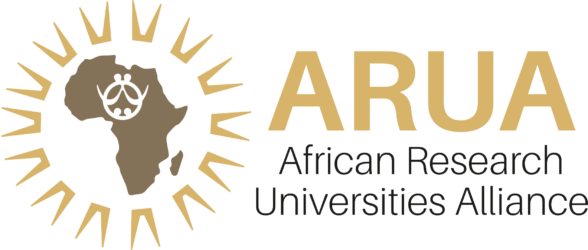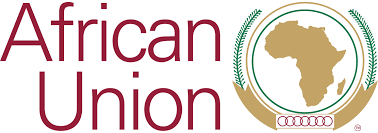
Partners
Partnerships are crucial to do top quality research that impacts society. One of the United Nation’s Sustainable Development Goals is also specifically building of meaningful partnerships, because in partnerships we can build on one another’s strengths. For this reason, the Centre is constantly looking to build partnerships with a variety of stakeholders, including academia, research and development organisations, industry, non-profit organisations and society at large.
Funding Partners
Research is expensive, and the CoE is grateful to all the funders that contribute toward our work. We hope that we can continue our relationships with our funders, and that the CoE can continue to deliver quality research outputs to address some of the most pressing challenges of our time.
Academic Collaborators
The ARUA CoE in Energy is pleased to have a number of collaborators from across Africa, and we hope to engage more partners in the course of our work. Below are short introductions to some of the people and institutions with whom we are partnering.
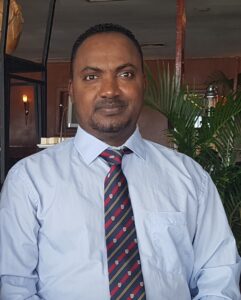
Abubeker Yimam
Dr. Abubeker Yimam is an Associate Professor at School of Chemical and Bio Engineering, Addis Ababa University. He holds PhD in Chemical Engineering from Stellenbosch University, South Africa. He also did a Postdoctoral study (from 2010-2012) at the same University. He worked as a local consultant for the Roundtable on Sustainable Biomaterials (RSB) and Exergia S.A. He was also a visiting professor at University of Toulouse, France, teaching Biorefinery design. His research area include biofuel, biorefiery and sustainable aviation fuel.
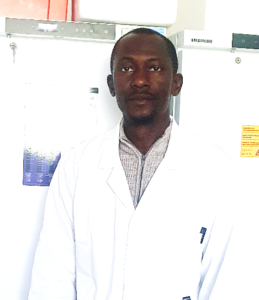
Aliyu Ibrahim Dabai
Dr Aliyu Ibrahim Dabai has a PhD in Molecular Microbiology and Metagenomics from Queen’s University Belfast, where he studied ‘the microbial communities facilitating aromatic hydrocarbons degradation in diverse environments using metagenomics under the mentorship of Prof. Chris Allen. His doctorate degree was funded by the Petroleum Technology Development Fund (PTDF) Nigeria. Aliyu is an early career researcher with experience in cloning and expressing diverse genes discovered from metagenomes, especially those relevant to aromatic hydrocarbon degradation. During his PhD, he also developed a qPCR approach to monitor and characterize crude oil-polluted environments. After his PhD, Aliyu worked as a research assistant for a year with Prof. Chris Allen on a Marie Curie-funded project to optimize the hydrolysis of lignin and monitor the expression of lignocellulosic enzymes during biogas production in a laboratory-scale reactor using Stable isotope probing. Aliyu later returned to his lectureship position in Nigeria in 2017 where he continued teaching, research and community services. He teaches Industrial Microbiology, Microbial genetics and Molecular biology modules. Aliyu is now a Postdoctoral Research fellow at Queen’s University Belfast working on development of recombinant protein overexpression systems.
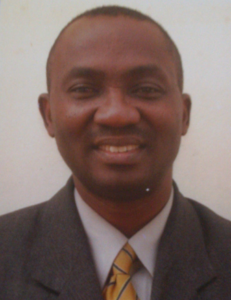
Emmanuel O.B. Ogedengbe
Emmanuel O.B. Ogedengbe is an Energy Consultant and the Director of Research at the Energhx Research Group, University of Lagos. He is the immediate past Ag. Director of one of the research centres of the Energy Commission of Nigeria at the University of Lagos, i.e., the National Centre for Energy Efficiency and Conservation. Emmanuel is a Professional Engineer registered with both the Professional Engineers Ontario (Canada) and the Council for the Regulation of Engineering in Nigeria; a creative Energy Solution Developer and Consultant with more than 20-year experience, especially in the field of Renewable Energy Conversion & Utilization. He pioneered the ongoing University-wide research collaboration of energy experts within the University, with Competency in the Energy System Design, Modelling and Integration of Hybrid System. With his experience in Demand Side Monitoring of Industrial Plants, Food & Beverage Industries, Thermo-chemical Processing Plants, etc, he looks forward to contributing to empirical development of energy policy documents in Nigeria and the African regions.
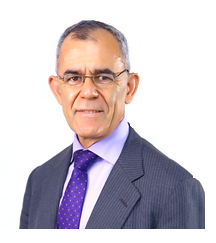
Izael Da Silva
Prof. Izael Da Silva is a Renewable Energy Specialist and qualified Engineer with over 20 years’ experience in both research and academic leadership. Currently, he is the Deputy Vice-Chancellor for Research and Innovation at Strathmore University. He is, also, spearheading the UNITWIN/ UNESCO Chair on Climate Change Resilience and Sustainability at Strathmore University, which serves as a think tank and bridge-builder between academia, civil society, local communities, research and policy-making. Over the years, he has been working with government ministries, development agencies and industry stakeholders (within and outside Africa) in research and research-related projects, with the objective of deepening the linkage between industry and academia.
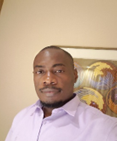
Katundu Imasiku
Dr Katundu Imasiku is a seasoned engineer with expertise in renewable energy systems, electrical engineering, telecommunications systems, with more than 17 years’ experience. He has served in various positions, at the University of Rwanda as a Research Fellow and Technical Director at Green Energy Support Services, in Namibia as a Renewable Energy Expert; in South Africa: as a Protection and Design Engineer at Netgroup Solutions; Network Development Planner and Substation Design Engineer at Eskom; in Zambia as a Projects Engineer, Sectional Engineer and Projects Manager at Zamtel; as an Operations Director at Zamculture Enterprises in Zambia. He holds a B Eng. in Electrical/ Electronics Engineering, an MBA and a PhD in Renewable Energy and several specialized energy certifications.
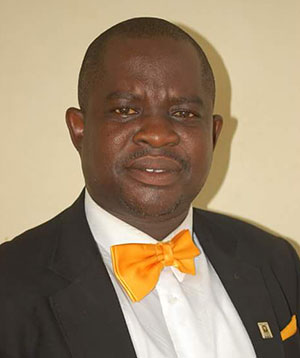
Nureni Adedapo Adéwọlé
A. Adewole is an Associate Professor in the Department of Wood Products Engineering, University of Ibadan, with almost two decades of professional practice as a Wood Products Engineer. The first registered Wood Products Engineer in Nigeria, active member of the Nigeria Society of Engineers, a Fellow of the Forestry Association of Nigeria and member of many professional bodies within and outside the country. He has supervised not less than 50 students at both undergraduate and postgraduate levels, and, has helped many of his students to develop small scale wood-based business models with nine of such firms among the top fliers in Nigerian wood sector. He served as Faculty Sub-Dean (Undergraduate) 2011 to 2015, currently serving as University of Ibadan Senate member and the current Head of the Department of Wood Products Engineering, Faculty of Technology, University of Ibadan. He has well over 40 publications to his credit. He has special interest in Wood and Bamboo Properties, Processing and Utilization; Furniture Design, Manufacturing and Ergonomic Studies; Biomass Energy Studies
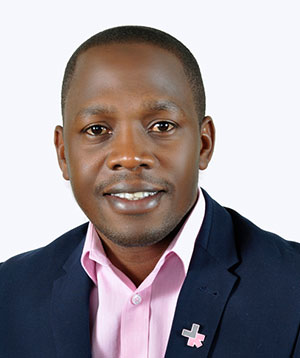
Buyana Kareem
Buyana Kareem is a researcher at the Urban Action Lab of Makerere University in Uganda, under the Department of Geography, Geo-informatics and Climatic Sciences. His research interests are in the areas of gender equality, migration and sustainable urban transitions. Kareem earned his PhD in sociology from Stanford University, California USA. He is committed to advancing global and urban sustainability through teaching university courses and engaging research collaborations and projects that produce scientific knowledge for societal use, along the topics of alternative energy sources that stem from the ingenuities of actors in informal settlements, resilience to climate change, and what can enable residents in cities not slide back into poverty in the face of shocks.
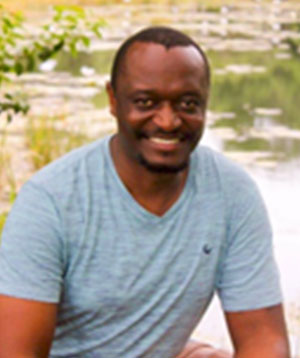
Tafadzwa Mabhaudhi
Prof Tafadzwa Mabhaudhi is a Senior Researcher in Agricultural Water Management at the International Water Management Institute (IWMI) and a Research Professor at the University of KwaZulu-Natal (UKZN). He holds a BSc Honours Crop Science from the University of Zimbabwe and an MSc and PhD in Crop Science from UKZN, specialising in crop ecophysiology (soil-plant-water relations) and crop-climate modelling. He conducts multi- and transdisciplinary research covering sustainable and resilient food systems, global environmental change and the water-energy-food nexus. His goal is to work on research and development that is dynamic, transformative, informs policy and achieves real-life impacts within poor communities.
